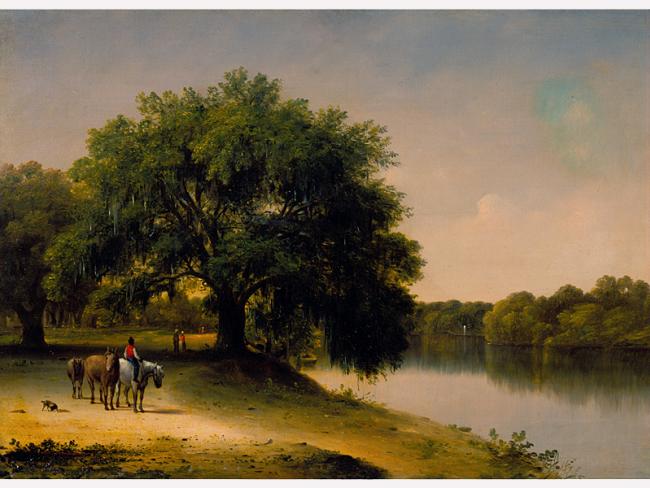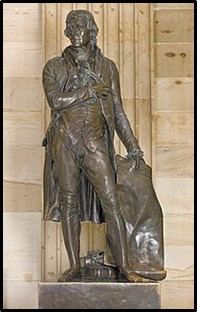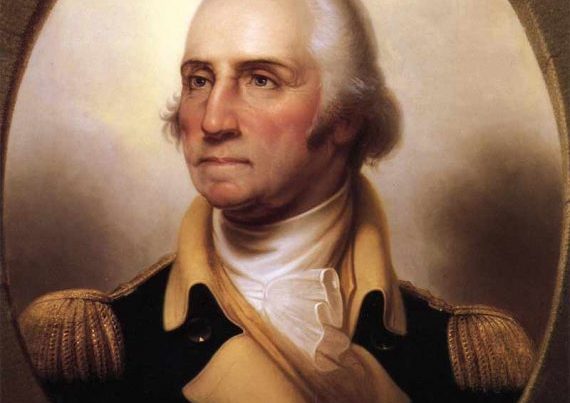
Fear not. Dixie lights are merely hiding under a bushel, as it says in the song we teach our children in Sunday School. Grass roots are sprouting. “Woke” tries to get her toe in the door, but in small Southern towns memories and traditions are strong. Here are five examples.
In my small Southern town, the first sentence of the address on Veterans’ Day was a reminder that the direction of a country depends on the will of the people, which is determined by the consent of the governed. Yes!
Honoring and giving thanks to those who live the example of duty to country, risk for country, faith in country and placing the common good before self is what we want.
When we recite the Pledge of Allegiance, sing the National Anthem, and honor the colors together with neighbors, Boy Scouts, ROTC, local police and our representative from Congress, a spirit of unity is alive and well. Kids put down the iPads and look up.
At the center of my town is a Military Wall of Honor, where at least twice a year we celebrate country before self. Veterans stand and are applauded as their branch of service is called, and stand again when the conflict in which they served is named, from Korea to Bosnia-Herzegovina to Afghanistan. Hollerin’ surely does get attention from children. They want to know Why. A perfect opportunity to explain such loyalty.
Names of hundreds of local Vets inscribed on bricks are installed on the wall, including many that read CSA. We remember. How many great grandfathers are there? Talk about them. Find yours.
At the conclusion, we stood to hear God Bless America played on bagpipes and drum. I mean, really. Don’t come if your heart does not have room to swell.
********************
Included in my order from Crossroads Country Store, a small family enterprise in Harrisonburg, Virginia (www. ConfederateShop.com) was a most well-presented set of three half page leaflets: an American history quiz for which the answers may vary, but the questions remain the same, depending on which War of Secession you are thinking about, a colored puzzle about Rebel flags, not all of them American, and a short essay on what it means to be a Confederate.
The leaflets are engaging and fun and provide students from elementary school to post docs a new view on some old topics. In one rectangle we see how the British flag is a composite of the countries Britain absorbed. Overlap the flags of St. George, St. Andrew, and St. Patrick (England, Scotland and Ireland) and you have the British flag. Take them apart and you have the flags of Southern states.
Packed into this unexpected gift is a host of facts you are curious to know, but will most likely not spend the time to find, like this one: prior to 1850, New England initiated a move towards secession four times: in 1803, 1811, 1814 and 1844. (As you might guess, those states were not invaded, stripped of their worldly goods, or occupied by an army of conquest.)
And: Public Law 85-425 is the law with which Congress conferred equal status to Confederate and other American Veterans. All. A handy fact to present to your local parade organizer.
This family (Matt signed the accompanying handwritten note) has created a business that reassures us a desire to share and live Southern history is present.
*************************
On April 6, 2019, hundreds of fans gathered in Holden, Louisiana to watch John Schneider, who formerly played the character Bo Duke on the recently cancelled, but beloved show, The Dukes of Hazzard, sail his Dodge Charger, the General Lee, up a ramp, over a police car and a stack of tires, and into a mountain of hay. Mr Schneider is making a movie about how a bankrupt man (which he is in real life, his studio having been destroyed) can rebuild. In the film, customers cancel orders for models of the General Lee because the Battle Flag has been removed from the roof of the car.
Once it’s put back on, customers and fans are happy.
Secondarily, his success is achieved through a bonded group of friends and family.
Followers from many regions and backgrounds rejoice in the freewheeling abandon and crazy fun in Hazzard County. Usually on the edge of the law, the characters cross a red line when they see it, with humor. You won’t see this happening in New England. You know what H.L. Mencken said about the Puritans. Daring to be reckless and vulnerable is part of Southern culture too. It had to be, or how else could Lee and Jackson split their forces, and not just once?
The Dukes are renowned for their wild escapes. We could use one now, from propagandists, agitators and politicians with dishonest agendas who purposefully stir up anger and set citizens against each other. We know that none of these characters will ever consent to become a class of bereft proletariats.
On November 14, 2019, in the last five minutes of the FOX opinion show The Five, in which each member of the group relates a short personal vignette, Juan Williams spoke of being aghast that his grandchildren were playing with replicas of this iconic orange car, complete with its Battle Flag. He said, “Don’t they know what that means?” Clearly, he doesn’t know what it means, and no one at the table ventured an explanation. We must.
*********************
The caretaker of the old Confederate Soldiers Home and Chapel in Richmond, which is located behind the Virginia Museum of Fine Arts, related the fact that in the basement of the museum beautiful drawings and paintings done by Confederate soldiers are being “stored.” Stored or hidden? He said once they had been displayed, but were removed. This saddened him greatly and frightened him a little. His revelation was his contribution to bring this knowledge to light.
Possibly, there is fear that studying the artwork would reveal the struggles of a people besieged. Facts and figures and timing of actions might be discerned. Motives might be questioned. Remember to tell your children those pieces of art are down there. Undoubtedly the soldier artists are hunkering down, biding their time, waiting to reveal their secrets and their pride.
**********************
A few years ago, some members from my former Round Table in Brunswick Co., NC (now the largest in the country I believe with over 1,000 member), were touring Ft. Caswell, a decaying fort at the tip of the NC coast that has guarded our shores from 1826 through WWII. It’s now a relic, but still has a power that holds knowledge presently mysterious. We rambled amongst the combinations of rock and cement that remain. A member who recently moved to NC from Michigan sat alone for a long time at the edge of a barrier, gazing at the ocean. Some members nearby were making good natured yankee/Reb jokes (there are some, yes) when she said, in a dreamy voice, “But once you’re here, you’re not so yankee anymore.”
There are converts. Possibly they can’t define a change in their outlook, but becoming kinder, more neighborly, and receptive to ideas about Southern nature is a start, and part of a big circle we hope will begin to swing right.
***********************
It will take time to come full circle. Quite possibly none of us will be here when it does. Presently thousands have initiated yet another invasion of the Southland, pouring asphalt on our pastures and lining them with Taco Bells and Walgreens, building mausoleums of four level storage units to house junk they don’t need in the South, but seeds will root and pieces of writing and art will surface and statues will be celebrated. The nearly unbearable acrimony that we live with today will dissipate and truth will emerge once again. If we keep Southern values in our hearts, revere our land, trust in God and the intuition in which he reveals Himself to us, and put the common good before individual interest.
In the meantime, let’s do all we can to nurture Southern culture that we innately understand, whether we are from the world of academe or making moonshine. As General Forrest said, “Charge ‘em both ways.”






